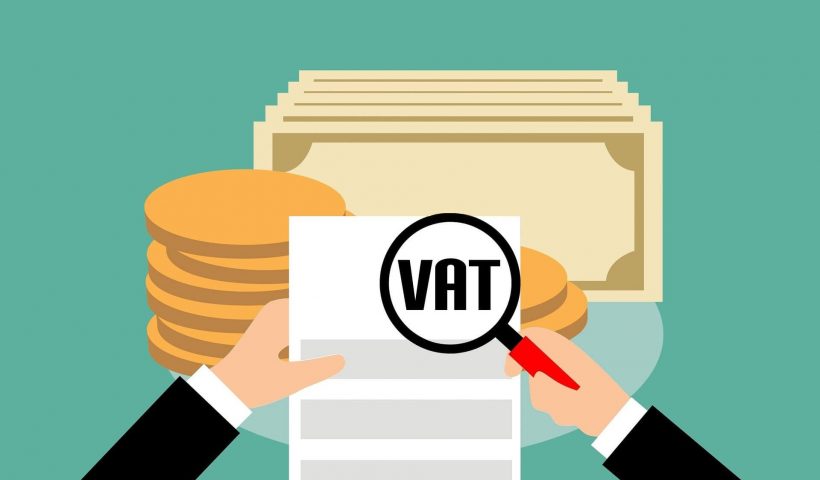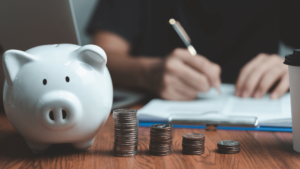Should I Register For VAT?

The world of VAT is complex, let’s be honest. There’s so many little things, exceptions and rules about VAT that learning all about it would take you years. Plus the Government can always change the regulations and you have to learn again.
The moral of this is that if you have any doubts related to VAT, like when exactly to register, when and how to do your VAT returns and so on, always contact a professional accountant. But let’s start from the beginning, so from registering for VAT. Should you at all bother and register for VAT?
VAT registration threshold
The first part of a VAT fun is to establish your annual taxable turnover (don’t mistake it for profit). Taxable turnover means income from supplies that are normally vatable, so would fall into three categories:
- Standard-rated
- Reduced-rated
- Zero-rated
Taxable turnover doesn’t include supplies that are exempt from VAT or are outside of scope for VAT purposes.
If your annual taxable turnover is above the current VAT registration threshold of £90,000, there’s no question whether you should or shouldn’t register for VAT. You have only one option and it’s- you must register for VAT. Like it or not, that’s the reality.
If you’re below the VAT registration threshold
If your calculations tell you your taxable turnover is below the VAT registration threshold you can still register for VAT voluntarily but is it worth registering for VAT at all in this case? Well, it depends. The second step for you is to analyse your supplies and purchases from the VAT perspective.
- What taxable supplies you make (standard-rated, reduced-rated, zero-rated)?
- Are your suppliers VAT registered?
- What tax rates do your purchases have in majority?
The general rule is if the VAT on your purchases is higher than VAT on your sales, it is worth registering for VAT as you will be getting VAT refunds. The ideal situation is when your supplies are zero-rated but your purchases are mostly standard-rated.
VAT returns in a big gist work like this:
VAT on sales – VAT on purchases = VAT you have to pay to HMRC (if VAT on sales is higher) or VAT you will claim back from HMRC (if VAT on purchases is higher).
If you sell goods or services with VAT on them which is more than zero but buy from VAT registered suppliers where the VAT rate is zero, you will be losing as there will be no VAT to claim and you won’t be able to reduce the VAT you will have to pay to HMRC.
The situation is similar if your suppliers aren’t VAT-registered at all, as there will be no VAT at all to claim back from HMRC, so the advice is, don’t get registered for VAT if your taxable turnover isn’t above the VAT-registration threshold.
For further information on accounting help for your business, why not contact our Oxford bookkeeping office, where we can assist you.
More Articles
Categories

Your Accountant in Oxford
Oxford Office
Joanna Bookkeeping
The Wheelhouse Angel Court
First Floor, Angel Court
81 St Clements St
Oxford
OX4 1AW
Connect
joanna@joannabookkeeping.co.uk
01865 591952





